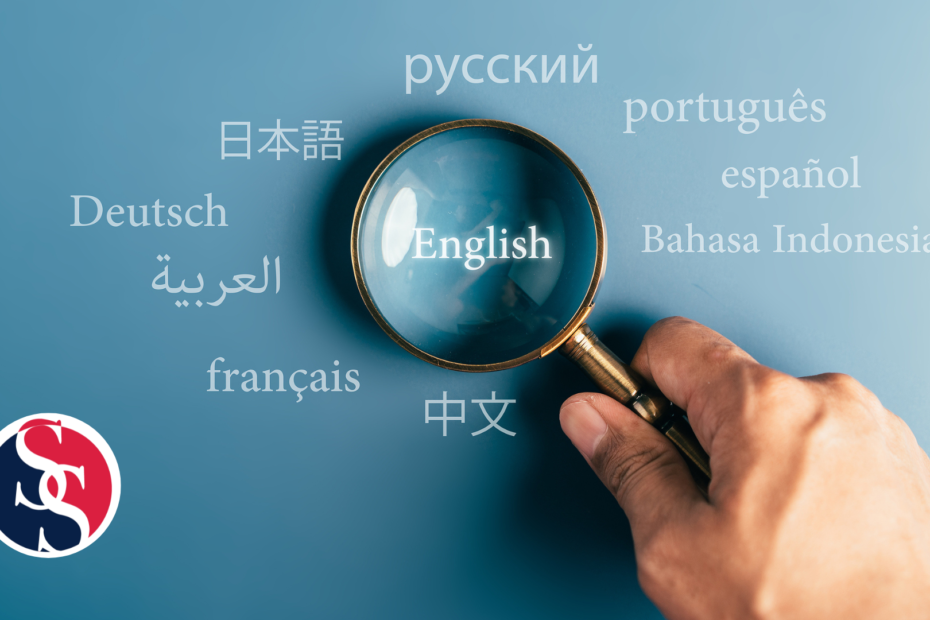For immigrants seeking to become United States citizens, the journey is often marked by various challenges. One significant hurdle that many individuals encounter is the language barrier. Navigating the intricate pathways of immigration law and the citizenship process can be complex, even for native English speakers. However, for those whose primary language is not English, the linguistic challenge can appear daunting. In Florida, where cultural diversity thrives, addressing these language barriers is essential for ensuring equal access to the benefits of citizenship.
Language proficiency plays a pivotal role in the naturalization process, which includes passing the U.S. Citizenship and Immigration Services (USCIS) interview and test. To become a U.S. citizen, applicants must demonstrate a reasonable understanding of the English language, including the ability to read, write, and speak. Additionally, they must also exhibit knowledge of U.S. history and government, often assessed through the civics test.
While the language requirement can be seen as a hurdle, it is important to note that USCIS offers accommodations for those with certain disabilities, including those related to language. However, for individuals who do not meet these criteria, finding effective ways to overcome language barriers becomes essential. Let us share a few key ways we can help you successfully navigate these challenges.
1. Professional legal guidance. Immigration attorneys play a vital role in assisting clients in overcoming language barriers. As legal experts we offer not only accurate guidance on the citizenship process, but also provide clarity on language requirements. We can guide applicants in understanding the application, interview, and test procedures, ensuring that they are well-prepared.
2. Language support resources. There are numerous resources available to immigrants aiming to enhance their English language skills. English as a Second Language (ESL) classes, community centers, online courses, and language learning apps can all contribute to improving language proficiency.
3. Cultural sensitivity. Immigration lawyers who understand the diverse cultural backgrounds of their clients can provide more effective support. We know that an attorney who speaks the applicant’s native language can help bridge communication gaps and facilitate a deeper understanding of the citizenship process.
4. Preparation and practice. Practice is key to mastering any skill, including language proficiency. Attending mock interviews, participating in discussion groups, and engaging in practical exercises can build confidence and ensure readiness for the citizenship interview.
5. Tailored assistance. We can offer personalized strategies based on an applicant’s unique circumstances. This may include providing translations of key documents, offering language-specific study materials, or conducting interview simulations.
6. Patience and persistence. Overcoming language barriers requires time and effort. Applicants should remain patient with themselves and recognize that consistent practice and perseverance will yield results.
In Florida, where multiculturalism is a defining characteristic, addressing language barriers is integral to ensuring that all immigrants have an equal opportunity to become U.S. citizens. Our assistance in helping you understand the language requirements and the citizenship process cannot be overstated. By offering strategic guidance, cultural sensitivity, and personalized support, these legal experts play a crucial role in empowering immigrants to overcome linguistic challenges and successfully navigate their path to U.S. citizenship.
For assistance navigating the divorce process and related legal issues, please feel free to reach out to our office to schedule a meeting time. At the Law Offices of Suzanne St. Luce, P.A., our staff is qualified to offer a wide range of legal services. Our attorney has over 20 years of experience and we want to help you with your case. We take all cases… Personally. Please contact us for questions related to your specific situation.

